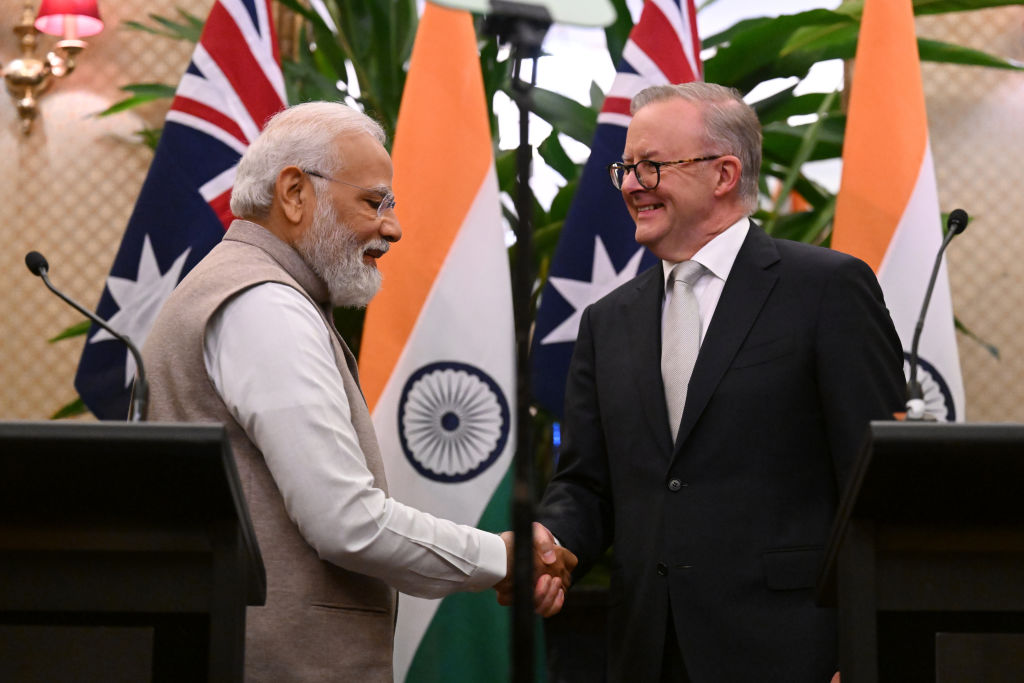- Thursday, April 03, 2025
In 2021, the chief of Australia’s intelligence acknowledged that foreign agents were operating on his country’s soil the preceding year, but stopped short of revealing their nationality.

By: Shubham Ghosh
THE government of Australia has emphasized its strong relationship with New Delhi, notwithstanding reports that two Indian spies were expelled from its soil in 2020.
In 2021, the chief of Australia’s intelligence acknowledged that foreign agents were operating on his country’s soil the preceding year, but stopped short of revealing their nationality.
Recent media reports have suggested that these agents were from India
According to a report by BBC, Canberra has neither confirmed nor denied the reports but said that it wants to counter foreign interference.
On Wednesday (1), the country’s treasurer Jim Chalmers told ABC that he didn’t “propose to get into those stories”.
He said Australia shares good ties with India and called it an important economic relationship.
“It’s become closer in recent years as a consequence of efforts on both sides,” he was quoted as saying.
Three years ago, Michael Burgess, chief of Australian Security Intelligence Organisation (ASIO), said a “nest of spies” had developed “targeted relationships with current and former politicians, a foreign embassy and a state police service” throughout 2020.
He said they had “monitored their country’s diaspora community”, sought to know from a public servant “security protocols at a major airport” and “tried to obtain classified information about Australia’s trade relationships”.
He mentioned that they had picked an Australian government security clearance holder having knowledge of sensitive defence technology before the ASIO disrupted their operation.
On Monday (29), the Washington Post said in a report that Australia had expelled two Indian operatives as part of its 2020 counter-intelligence measures.
Following this, the ABC came up with a report that a collective of Indian agents had aimed to access classified data concerning Australian trade, security, and defence initiatives.
While speaking with the BBC, an ASIO spokesperson refused to remark “on intelligence matters”.
These assertions come amidst growing apprehensions voiced by western nations regarding allegations of India’s clandestine activities abroad. Among these allegations is the claim of its involvement in the murder of Sikh separatist leader Hardeep Singh Nijjar in Canada last June, an accusation India vehemently denied.
The Washington Post also named in another post an official of India’s spy agency for plotting the killing of a US-based Sikh separatist leader. The Indian government dismissed it earlier this week, calling it an “unwarranted and unsubstantiated” accusation.
India and Australia have witnessed a deepening relationship in recent years. In May last year, prime minister Narendra Modi attended a major diaspora event in Sydney which received wide publicity.
Both countries are members of the strategic Quad alliance that also includes the US and Japan and has the stated aim of bolstering security in the Indo-Pacific region, amid concerns over the growing influence of China.